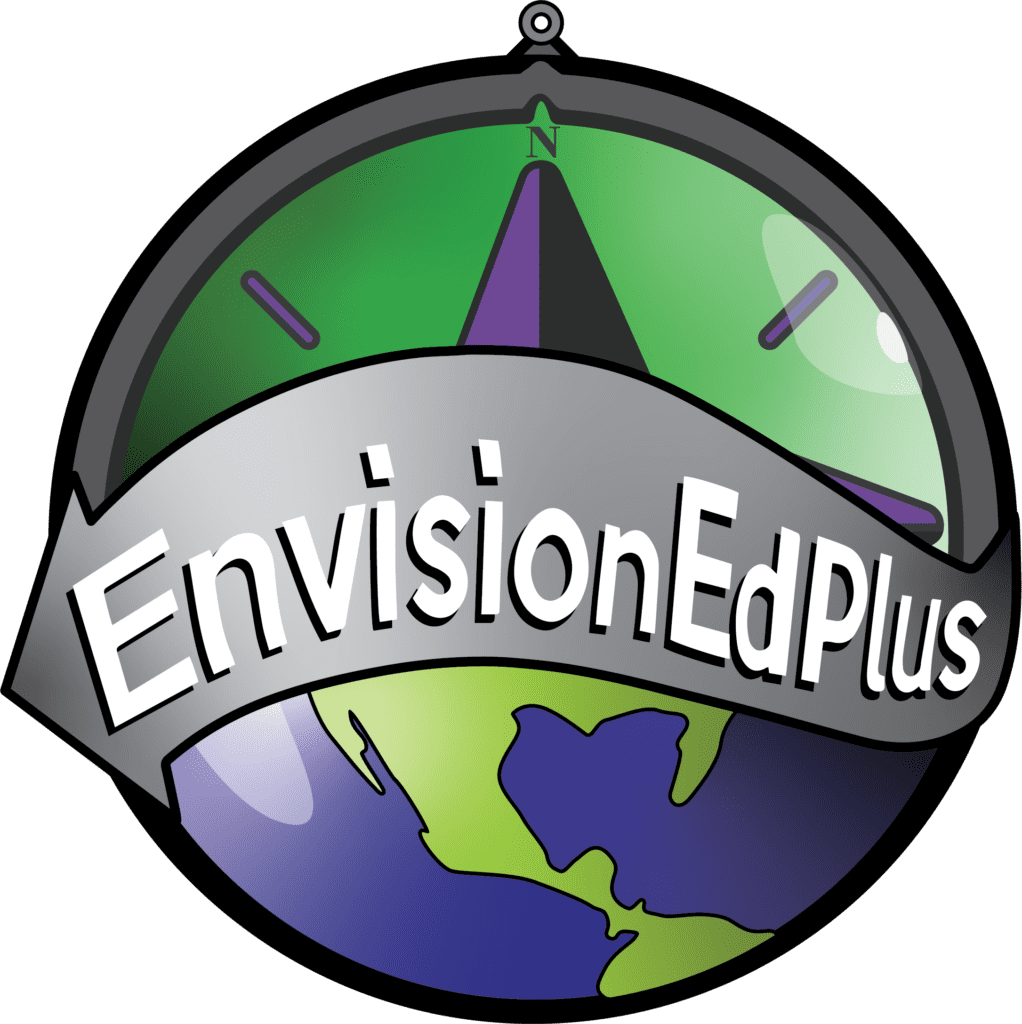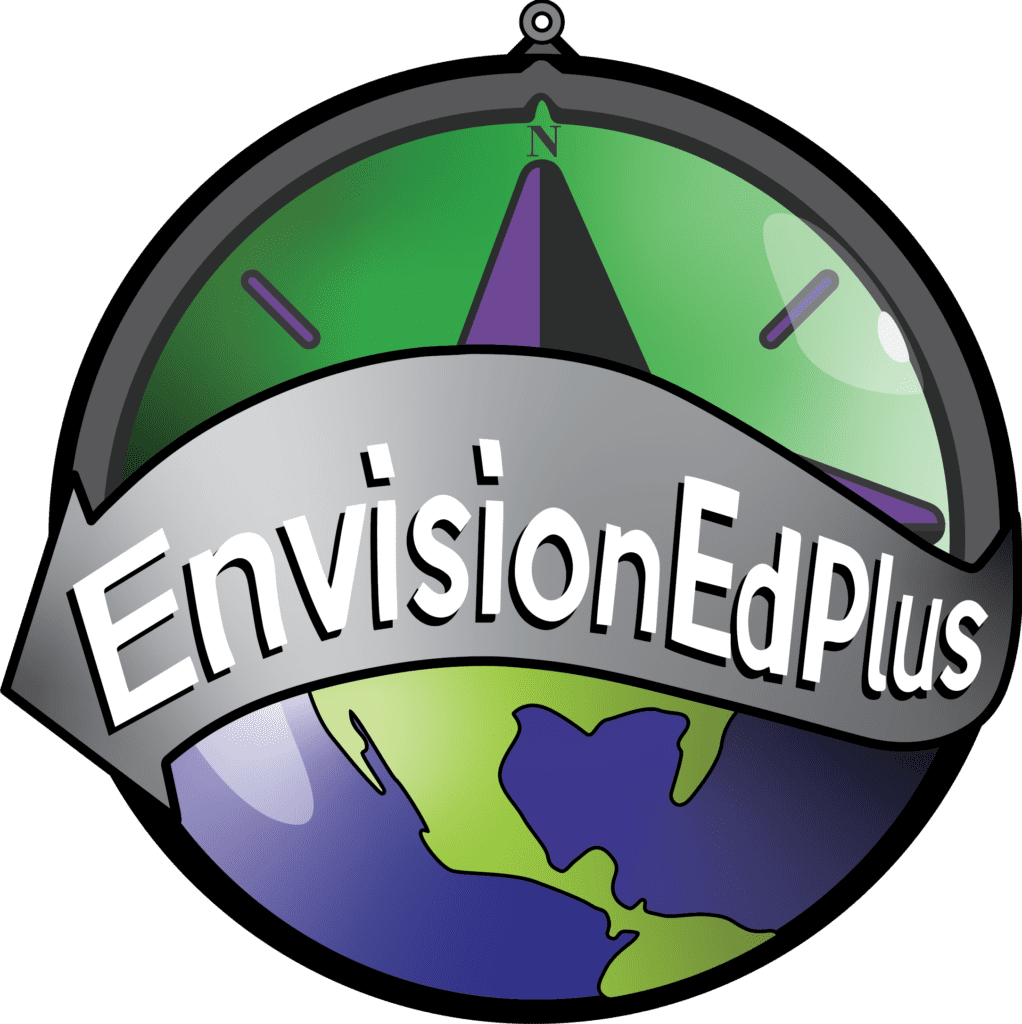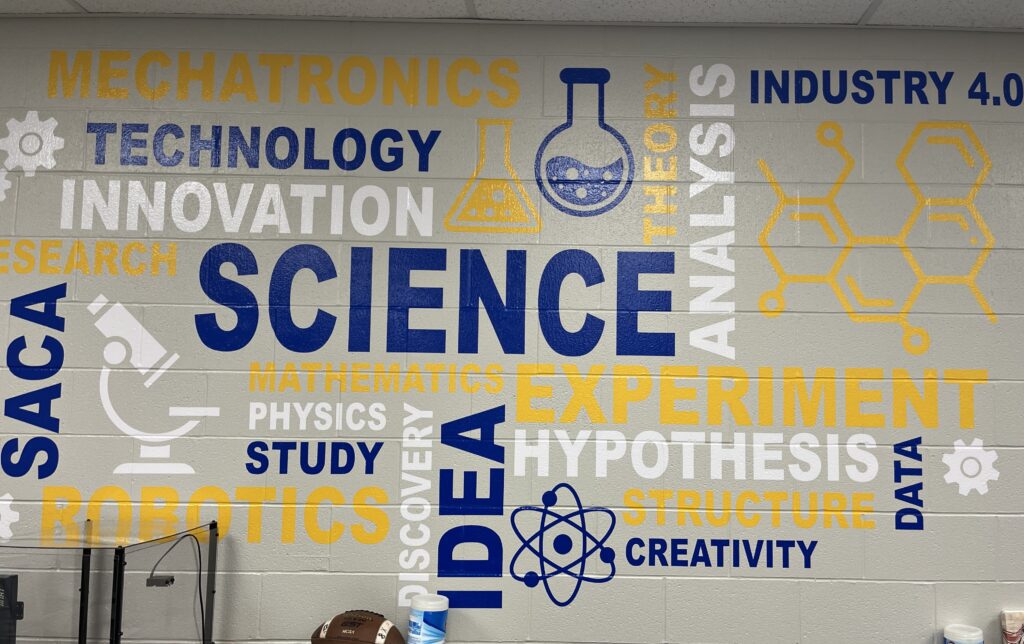In the past, you might have heard that college was the time to find yourself and while this is true, rising costs of tuition make it a less optimal time for finding your chosen career path. Research shows that over 30% of students who begin a bachelor’s degree end up changing their major at least once during college.
When students start thinking about their futures and begin planning, they become limited by the careers they are familiar with. This can be especially detrimental to youth in low-income communities.
“Middle school students may also have unrealistic career plans, and know little about the demands of the workplace or how their education choices relate to future careers. Girls, minorities and at-risk students are more likely to begin to limit their career aspirations after being exposed to stereotypes about which jobs are appropriate for whom” (Association for Career and Technical Education)
However, for Kindergarten through 8th-grade students, career exploration isn’t about preparing them for picking a career path, it’s about exposing them to career opportunities they may have never heard of, allowing them time to learn about their likes and dislikes, and empowering students to spend their high school years taking courses that will benefit their career goals. This also gives students enough time to change paths without potentially spending thousands of dollars on college tuition.
Here is why it’s important to integrate career exploration into K-8 education:
1. Early Exposure for Success: Career exploration from a young age increases the likelihood of academic success and career readiness later in life. Also, middle school students have been shown to benefit the most from career exploration programs. (Knowledgematters.com)
2. Self-awareness: By exposing students to a wide range of career opportunities, young people can gain a better understanding of work and create a stronger sense of self-awareness. (Association for Career and Technical Education)
3. Real-World Relevance: Career exploration enhances student engagement by connecting classroom learning to real-world applications. Empowering young people to explore their passions from an early age can lead to motivation and push them to pursue their goals both within the classroom and beyond. (knowledgematters.com)
4. Building Life-Long Skills: Beyond all else, career exploration allows for the development of essential skills like; critical thinking, problem-solving, communication skills, and so much more. These skills are not only crucial for success in the workforce but also for navigating everyday challenges and opportunities. (Association for Career and Technical Education)
5. Low-risk exploration: Students can explore possible career options early enough to allow students to spend their four years of high school taking courses that align with their career interests.
If you need help getting started, reach out to us today!











